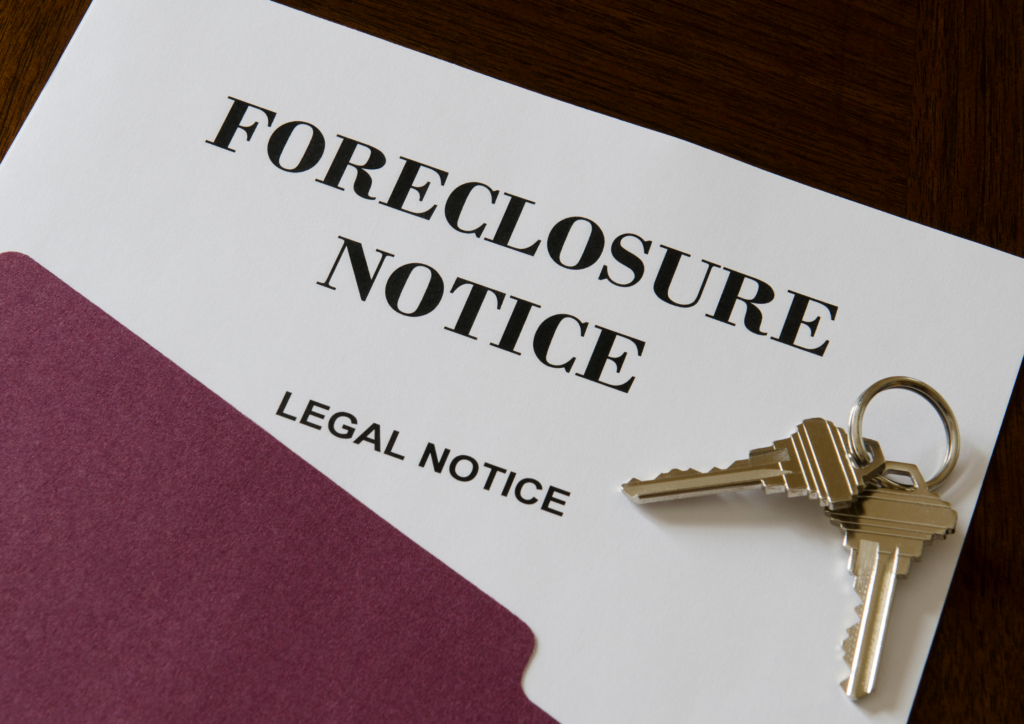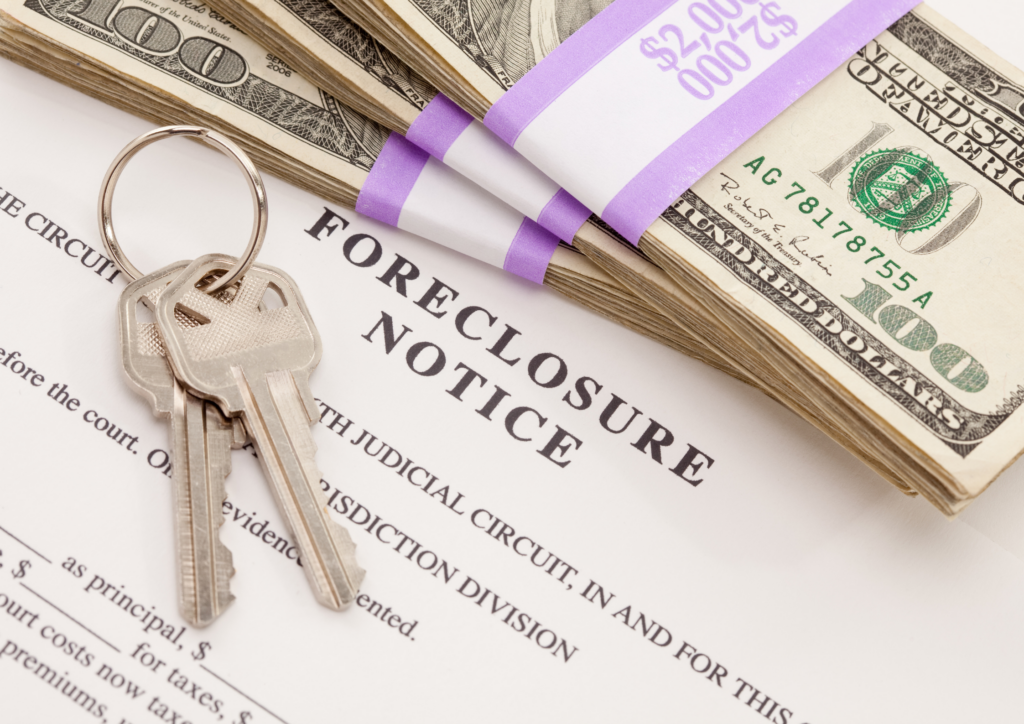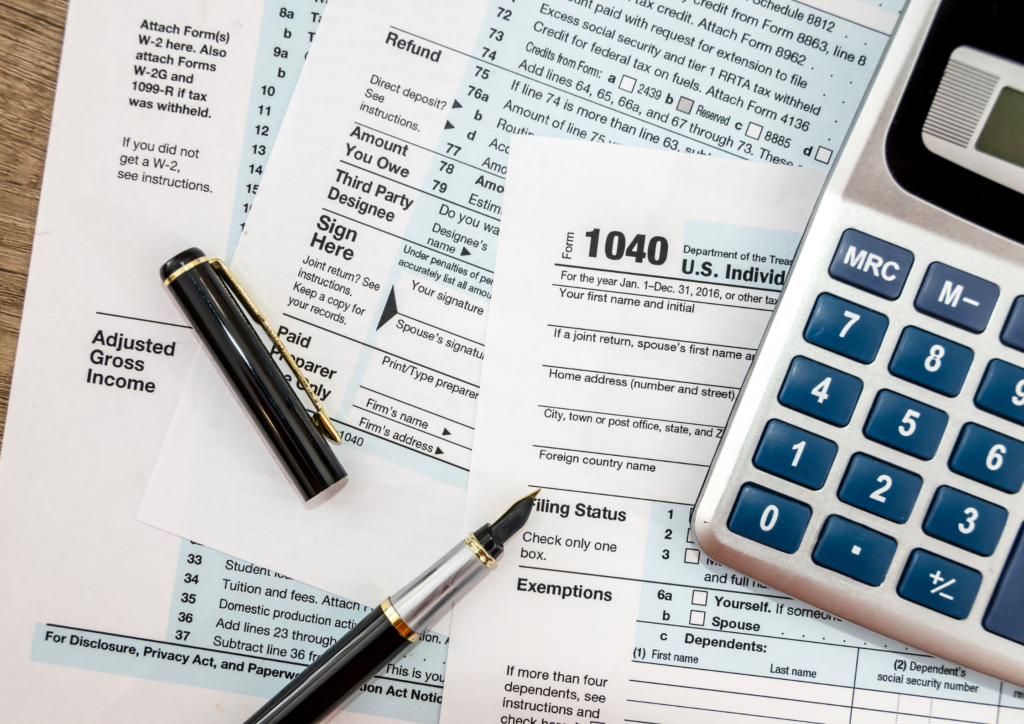Unclaimed Surplus Funds
If your house has just been foreclosed , you probably did not expect to get any money once it was sold. While this may be true if your home is sold for less than the amount owed on it, what happens if it is sold for more than you owe?
A lender may set the opening price for the mortgage plus additional interest at the auction. Surplus funds are the funds left over after a home is sold for more than the loan balance.
Read on to learn more about surplus funds after a foreclosure.

What To Do About Unclaimed Surplus Funds?
The amount of money left over after the mortgage debt has been paid off at auction is referred to as a mortgage surplus. There is no surplus if the residence is sold for less than the outstanding mortgage plus costs..
Banks must restore surplus monies to owners if the property sells for more than the amount still owing on the loan, just as homeowners are compelled to pay lenders after a foreclosure if the sale price does not cover the mortgage. If you were the prior homeowner, you may be entitled to the whole surplus. However, you must act within a limited time frame to retrieve the surplus funds. If you do not act within the time frame set by the state, you will forfeit your entitlement to the funds.
If you think the bank will notify you if there is a surplus , you’re mistaken. Banks rarely go out of their way to inform customers about excess funds. Many homeowners are either unaware that they are entitled to money left over after a foreclosure or are too stressed after the event to check whether or not there are any funds remaining. Going through a foreclosure can be an emotionally draining experience. The majority of people assume that their house will be sold for the amount they owe or less.
Although the court is supposed to attempt to notify the prior owner of records of excess funds, the court clerk may not have the former homeowner’s forwarding address, so the communication may slip through the cracks.
What Happens To Excess Proceeds From A Foreclosure Sale?

The lender does not get to keep any of the extra revenues from a foreclosure sale. Only an amount sufficient to pay off the remaining balance of the loan plus the fees associated with the foreclosure and sale is available to the lender.
The sale results in a shortfall if the property sells for less than the borrower owes the lender. The lender may then be able to get a deficiency judgment against the foreclosed borrower, depending on state law.
After the court officer or trustee acquires the funds, it is their duty to allocate them properly. In the process of mortgage foreclosure, distribution of funds is done in a specific manner.
The mortgagor is the first party paid any debt owed, and the cost of the foreclosure A first priority is given to them because they are the primary lienholder and the one conducting the foreclosure of the property. After that, if there is a surplus fund remaining after the debt is settled, subordinate lien holders are paid.
A subordinate lienholder in a mortgage foreclosure case could be the lender from a second mortgage or a home equity line of credit. If the former homeowner had a judgment against them, that would also be settled at this point in the process.
The former owner of the property is only entitled to the generated surplus funds from the foreclosed property after all the debts from subordinate lien holders are paid.
How To Recover Surplus Funds?
If you were the previous owner of record, you may be entitled to the entire mortgage surplus. However, if the property has subordinate lienholders, the surplus cash will be distributed in the order of precedence of each lienholder.
The former homeowner in both judicial and nonjudicial foreclosure situations must be advised of any surplus funds. If there are any leftover funds from a sale, the trustee or other selling official must send a notification to the foreclosed homeowner’s last known address. However, the foreclosed property is usually the final known address.
Because most people are unaware that they are entitled to any surplus funds, they often leave a foreclosed property without providing a forwarding address. As a result, finding foreclosed homeowners after a sale is difficult for a trustee or other legal official.
If you suspect your home has a mortgage surplus as a result of a foreclosure sale, you can contact the court that handles surplus funds disbursement in judicial foreclosure states or the trustee nominated to oversee the foreclosure sale in nonjudicial foreclosure states to see if you are entitled to any of the surplus funds.
Are Foreclosure Surplus Funds Taxable?

A foreclosure is treated the same as a property sale by the Internal Revenue Service. You used to own it, but now you don’t, therefore you can end up paying taxes on a foreclosed property.
Subtracting the basis or cost of the property from the sales price is the basic formula for computing capital gains. The differential is the amount of profit made by the seller versus the amount of money lost in the transaction.
In a foreclosure situation, there is no mutually agreed-upon sales price and no escrow statements, yet there is still a “sales price” for tax reasons. It will either be the property’s fair market value as of the foreclosure date, or the outstanding loan balance shortly before the foreclosure. It all depends on whether you have a recourse or non-recourse mortgage.
Surplus Fund Scam
Con artists and businesses hoping to profit from your misery have started approaching homeowners after the sheriff’s sale, promising to apply for Surplus Funds on your behalf. Many will write you letters or even knock on your door to offer aid.
These con artists and/or companies charge exorbitant fees to apply for this money on your behalf, often up to 75% of your surplus amount. The truth is that you can apply for Surplus Funds on your own for less than $100 and, in many cases, without the help of an attorney.
Some County Courts require that Summary Administrations and Motions for Surplus Funds be filed by a licensed Attorney in order to try to eliminate this practice.
Avoid Surplus Funds Scam

Most people can recover a surplus without using a lawyer unless there are aggravating circumstances. If you do decide to engage an attorney, use caution. Some people may try to take advantage of you by attempting to collect your surplus for a high price. Many of them aren’t attorneys, and they’re operating illegally. Others are lawyers who may or may not be at their peak performance.
Hire only an attorney who offers to do the work for a cheap or no fee. If you are charged a fee, they should give you a written contract that spells out your rights and responsibilities, as well as how you will be billed. Also, be cautious if a lawyer’s fee is based on a percentage of your surplus. This might be a significant chunk of money.
The total expense of collecting a surplus should be fairly modest when compared to the amount of money you are collecting in the surplus.

Comments are closed